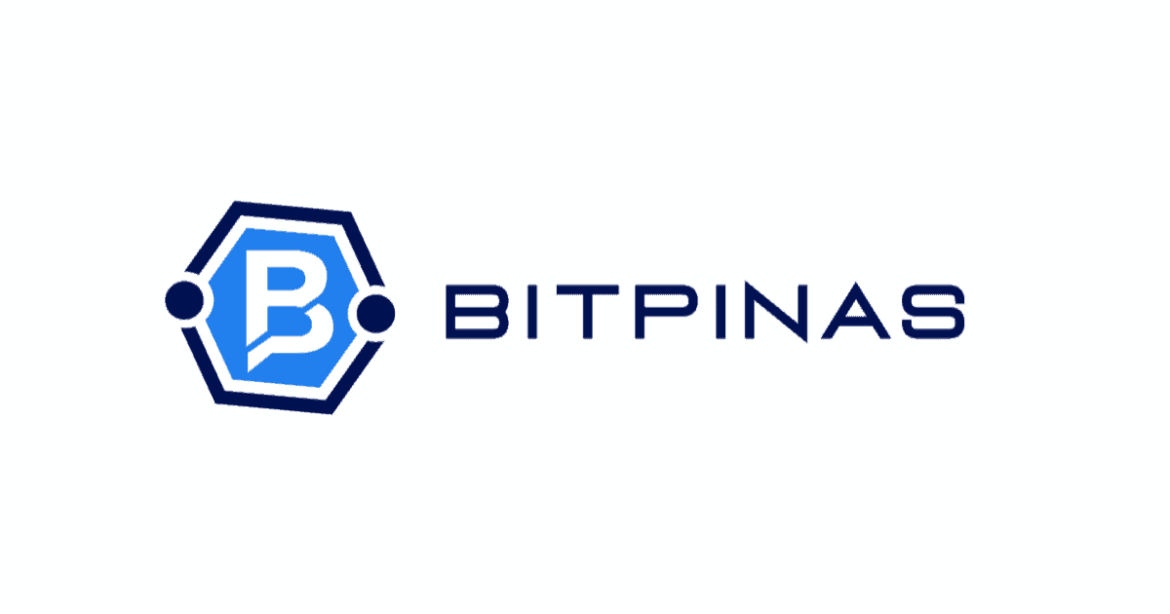Disclaimer: This article is for informational purposes only and does not constitute financial advice. BitPinas has no commercial relationship with any mentioned entity unless otherwise stated.
📬 Get the biggest crypto stories in the Philippines and Southeast Asia every week — subscribe to the BitPinas Newsletter.
With crypto gaining more attention and adoption not only in the Philippines but in the whole world, the local web3 community reacted strongly to the Bangko Sentral ng Pilipinas (BSP)’s decision to extend the ban on new virtual asset service provider (VASP) license applications, a license that would allow companies, both locally and internationally, to offer crypto services in the country.
Moratorium Extension
Three years after the freeze was first introduced in 2022, the central bank recently announced the extension of its moratorium on issuing new licenses for VASPs.
In a memorandum dated August 20, 2025, the BSP cited ongoing concerns over consumer protection and rising cybercrime as the primary reasons for keeping the ban in place. Existing BSP-supervised institutions, such as banks with strong ratings, remain eligible to apply for VASP licenses.
Negative Perceptions
In the BitPinas Facebook posts (1,2,3) about the news, most commenters criticized the central bank’s decision, saying that the move was a monopoly, form of corruption, incompetence, or anti-competition. They alleged that the move favors local platforms and described it as “veiled protectionism.”

Some critics argued in the comments that the policy suggests regulators are favoring monopoly, corruption, and oligarchic control. Others remarked that agencies, like the BSP and even the Securities and Exchange Commission (SEC), appear to be protecting certain interests rather than safeguarding the public.

Accordingly, some community members also expressed deep frustration and distrust toward regulators. They criticized the government for imposing bans on foreign exchanges while failing to improve local standards; some commenters accused BSP officials, without evidence, of acting out of corruption and self-interest.

Moreover, this message is also prominent in one commenter, who criticized the BSP for favoring local exchanges over foreign platforms. They pointed out issues such as high fees and maintenance downtimes during market activity, which they claim disadvantage traders. They also expressed greater trust in foreign platforms, urging regulators to address concerns with local exchanges before limiting access to international ones.

There are also comments of frustration from the community over the extended VASP license ban, highlighting that foreign centralized exchanges have little incentive to register under the SEC’s crypto-asset service provider rules since they cannot secure a VASP license from the BSP anyway.

One participant, however, urged restraint, advising the community to remain low-profile and continue doing independent research.

Despite differing tones, the overall sentiment leaned heavily negative, with users criticizing the ban as anti-competitive, politically motivated, and a setback for the country’s crypto industry.
What are VASPs?
A Virtual Asset Service Provider in the Philippines is a business licensed by the BSP to facilitate activities such as the exchange, transfer, or safekeeping of virtual assets like cryptocurrencies, in line with anti-money laundering regulations and international standards set by the Financial Action Task Force.
Requirements:
- VASPs must secure a Certificate of Authority (COA) from the BSP and comply with all relevant regulations.
- Minimum paid-up capital:
- ₱50 million for VASPs with custody services
- ₱10 million for those without custody services
- VASPs must implement measures to protect customers’ wallets and adopt a risk management system, especially for outsourced functions.
- Registration fee: ₱100,000
- Annual service fee: ₱300,000
Check out (July 2025 Update): List of Licensed Virtual Currency Exchanges in the Philippines.
This article is published on BitPinas: Crypto Community Weighs In on BSP’s Extended Pause in VASP Applications
What else is happening in Crypto Philippines and beyond?

